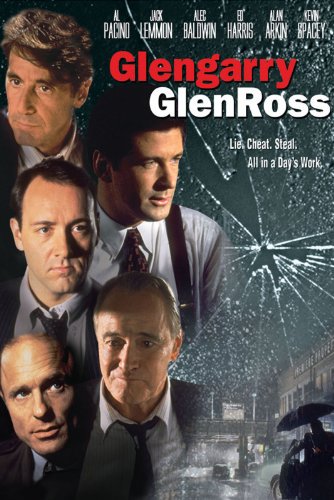
“Top Gun: Maverick” is an exhilarating sequel that lives up to the original 1986 hit film. Tom Cruise’s commanding performance as Pete “Maverick” Mitchell is a standout, and the conflict between him and Miles Teller as Bradley “Rooster” Bradshaw forms the crux of the film. The film’s impressive use of actors-turned pilots and real aircrafts, instead of relying completely on CGI, adds to the authenticity and excitement of the action scenes. The movie’s storyline, while familiar and follows a similar structure of the first film, is elevated by its exploration of Maverick’s struggle to let go of his past and embrace the future. Top Gun: Maverick is a visually stunning and thrilling film that pays homage to the original while still carving its own path.
Here are some examples from the movie Top Gun: Maverick that illustrate management insights:
- Leadership and mentorship: Throughout the movie, we see Maverick take on the role of a flight instructor and mentor to a new generation of pilots. He leads by example, demonstrating the skills and qualities that are required of a successful pilot, and encourages his students to do the same. For example, in one scene, he takes his students on a training flight and demonstrates how to handle a dangerous situation, showing them the importance of remaining calm and focused under pressure.
- Risk management: The film emphasizes the importance of taking calculated risks, rather than reckless ones. In one scene, Maverick is criticized for his risky flying maneuvers, but he argues that he is taking calculated risks based on his experience and knowledge. Later in the movie, when he is faced with a difficult decision, he consults with his colleagues and carefully weighs the risks and benefits of his actions.
- Collaboration and teamwork: In the movie, we see how the pilots work together to achieve their objectives, relying on each other’s strengths and supporting each other when things get tough. For example, during a mission, Maverick and his colleagues work together to take down an enemy aircraft, each playing a crucial role in the success of the mission. This scene and the one with beach football, illustrates the importance of collaboration and teamwork in achieving success, both in the cockpit and in the open.
- Adaptability and resilience: The pilots in the movie face a range of challenges and setbacks, but they are able to adapt and persevere in the face of adversity. For example, when a mission doesn’t go as planned, Maverick and his colleagues are forced to improvise and come up with a new plan on the fly. This scene illustrates the importance of adaptability and resilience, and the need to be able to pivot and adjust plans in response to unexpected obstacles.
- Out of the box approach: In an initial scene with the team, Maverick drops the flight manual in the dust-bin to emphasize the fact that they need to go beyond the conventional mind-molds.


